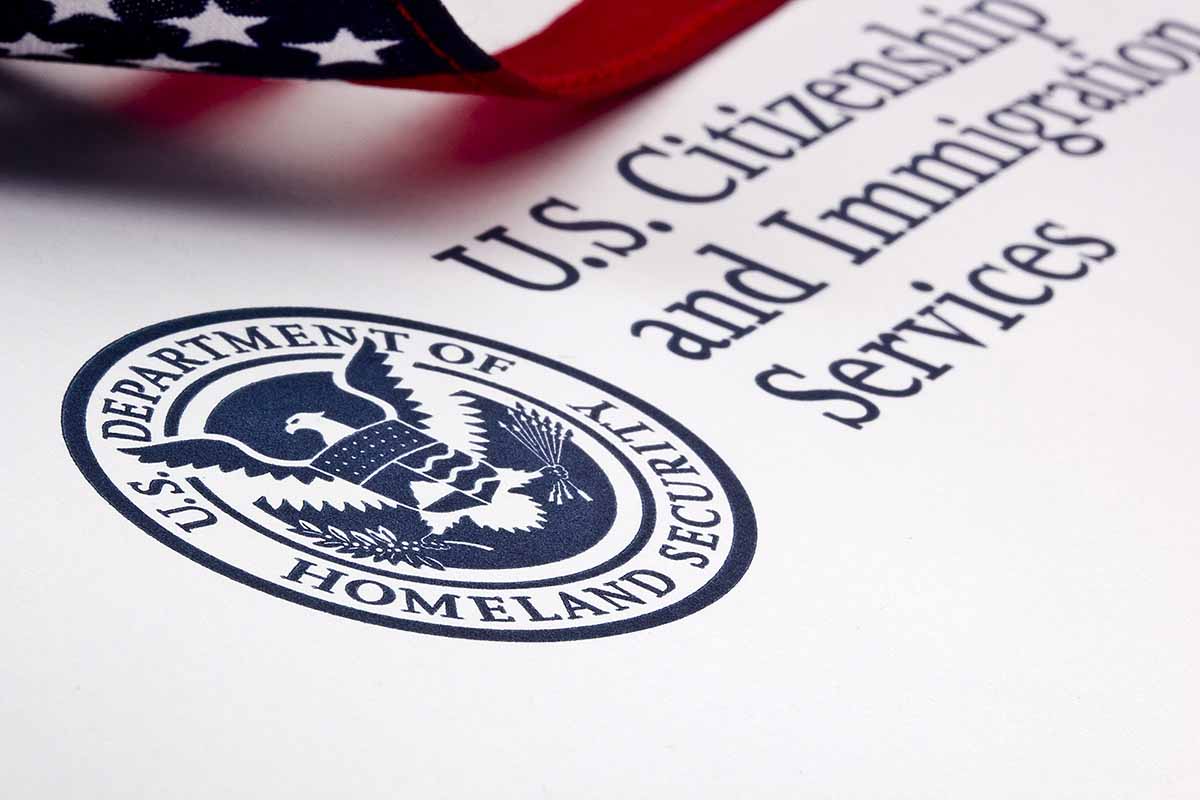It’s 6 a.m. or 8 p.m., your doorbell rings and two people are standing outside holding up their badges and credentials. They say they are Special Agents with the FBI or IRS and would like to talk with you for just a few minutes about something important. They ask if they could come in to speak with you privately. Caught off-guard, and not wanting them to think that you have anything to hide, you invite them in (and, of course, you don’t want your neighbors to see them talking to you on your front steps). The agents are “friendly” and just have a few questions to get your input, your side of things, or to serve you with a grand jury subpoena. You decide to talk to them, only for a few minutes, in the comfort of your own home or office. At the end, they thank you for your time and hand you either a grand jury subpoena or a “target letter.”
After they leave, you start to wonder – what did I say? How much did I tell them? Am I in trouble, did I implicate myself or others? You start to look for an attorney. You can’t ask your family or friends who they hired last time the FBI or IRS visited them because you don’t know anyone who ever faced such a situation. So, you scour the internet to find an experienced criminal defense attorney, one with a lot of federal experience because it’s a federal investigation.
The next day you’re in the attorney’s office. After talking to the attorney you realize that what you thought was an innocuous 15 -30 minute chat with the FBI was actually an hour and a half where you told them some things, but not others. You discover that it is a federal crime to lie to the agents. You learn that it doesn’t matter that they didn’t read you your rights, like in the movies, because you weren’t “in custody.” When you tell the lawyer that you only spoke to them because you didn’t want the agents to think you were involved or guilty, the lawyer tells you that the agents already think that you’re involved, that’s why they were at your house to interview you in the first place. You then learn that there were two agents so that the interview was witnessed by two of them for credibility later on if you dispute what you said. You learn that a “target letter” is issued by an Assistant U.S. Attorney because she believes that you are involved in criminal activity and wants you to come in with your attorney to negotiate a plea of guilty. You realize that it was a mistake to say anything to the agents without first talking with an experienced white-collar criminal defense attorney.
So, what should you do in such a situation? The safest course would be to politely tell the agents that while you would like to talk with them, you need to contact your attorney and that he will get back to them. Ask them for their business cards so that you can give the information to your attorney. If they don’t have cards, write down their names, agency and contact information. Do not under any circumstances talk with them about the subject matter of their investigation. After they leave, contact an experienced criminal defense attorney to discuss your rights, potential exposure and your options.
If you did talk with the agents, experienced criminal defense counsel can help you get through the situation and protect your rights going forward. The task will be to mitigate any statements made and develop an overall strategy to succeed.
Stahl Gasiorowski Criminal Defense Lawyers have successfully represented hundreds of individuals under federal and state investigations. To contact the firm’s NJ office, call 908.301.9001 and to contact the firm’s NYC office, call 212.755.3300, or email Mr. Stahl at rstahl@stahlesq.com.



